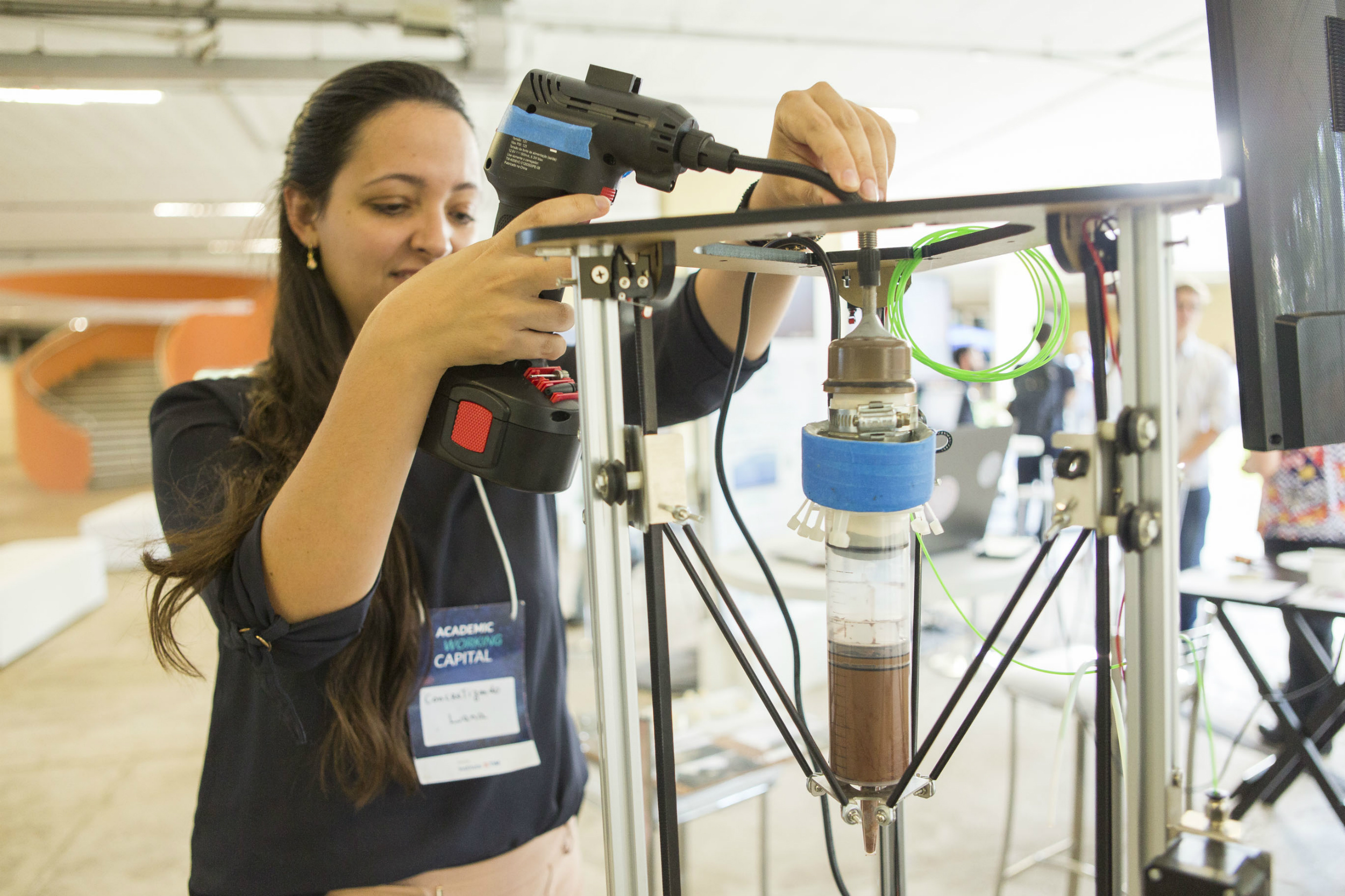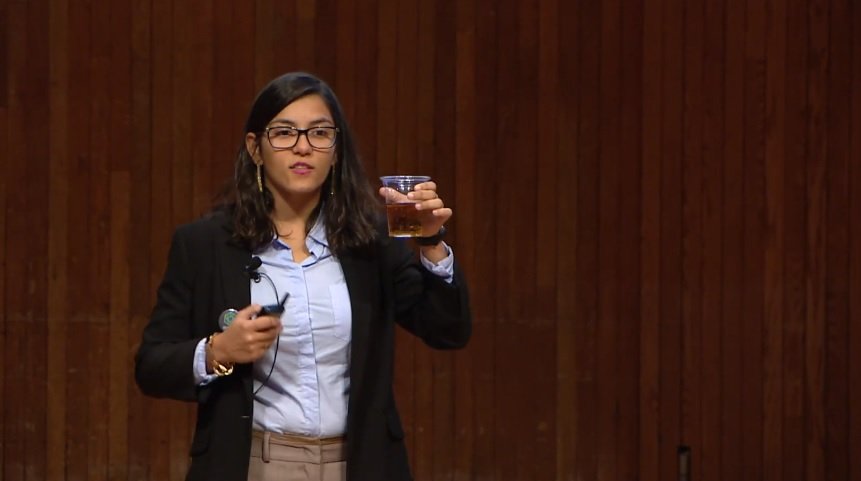
The number of students registered in distance learning courses has grown in Brazil. According to the INEP/MEC Census of Higher Education, the number of students enrolled in DL rose 12.2% between 2011 and 2012, while the demand for face-to-face courses grew 3.1%. The teacher of New Technologies at the Cásper Líbero College and member of the TIM Tec Board of Consultants, Bianca Santana, says the main reason for students to seek distance learning courses, in her experience, is the ease of access.
With a Masters in Education (from the University of São Paulo), she explains that the main advantage is that the student can follow the same course from different locations (cities, states, countries). The professor also points out the method’s appeal for those who live far from large urban centers. “In places further away from the big cities, you don’t find educational institutions that offer more courses, especially in the technology field,” she says.
According to the EAD.BR Census, in 2011, around 235,000 students enrolled in distance learning courses in technology, and 34,000, in vocational courses. The number is small mostly because there aren’t many DL courses geared towards the technology market in Brazil – as is the case of TIM Tec – and this means a lack of qualified professionals. “Increasing the offer of technological teaching is very important in order to reduce this gap, especially in the tech field, which is well-paid in the labor market,” she explains.
For Bianca, the expansion of distance learning also depends, amongst other factors, on initiatives which involve free or open educational resources, with flexible intellectual property rights. “Open platforms allow administration of content on demand, creating new content from existing content, putting together other lessons for other people, sharing with others, mixing it all for greater effectiveness,” she explains.
In practice, distance learning is a method which precludes the need for face to face interaction, in which courses are usually offered online. Amongst the platforms available is the concept of Massive Open Online Courses (MOOCs), where the course is designed to allow involvement of an unlimited number of students in the same lesson. The content of TIM Tec courses, which use this concept, may be accessed for free, without requiring any authorization, and may be shared with others.






































































































